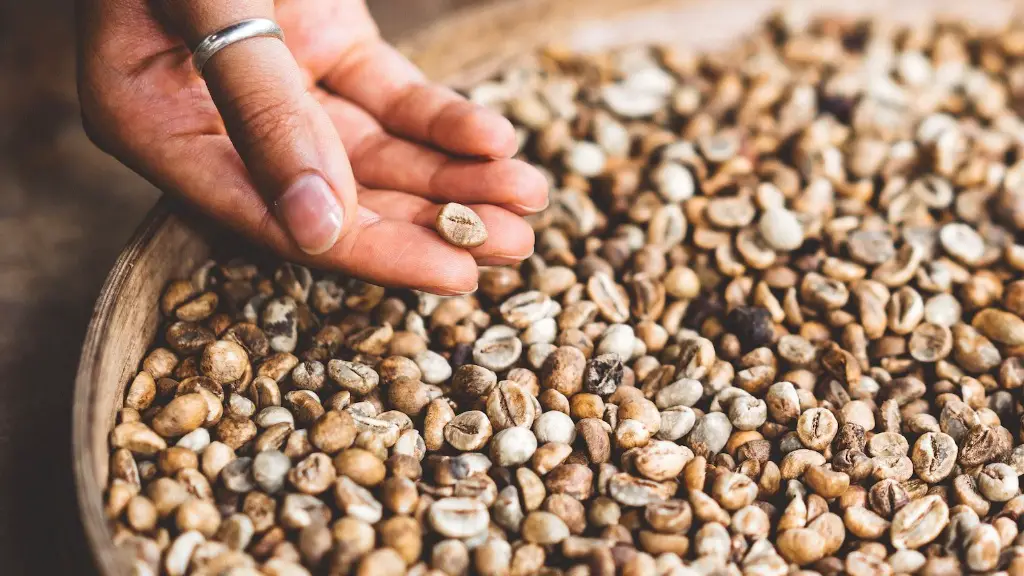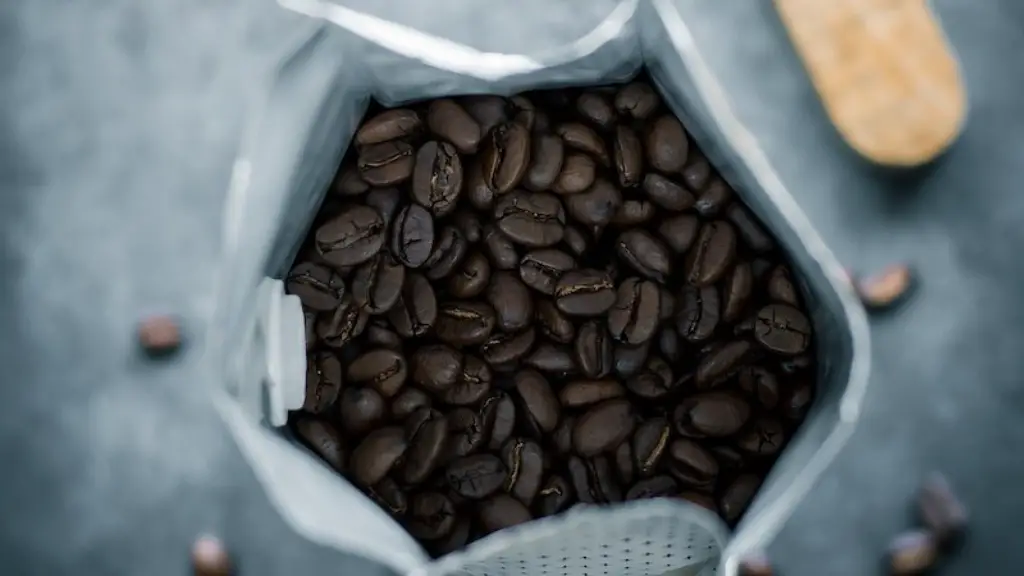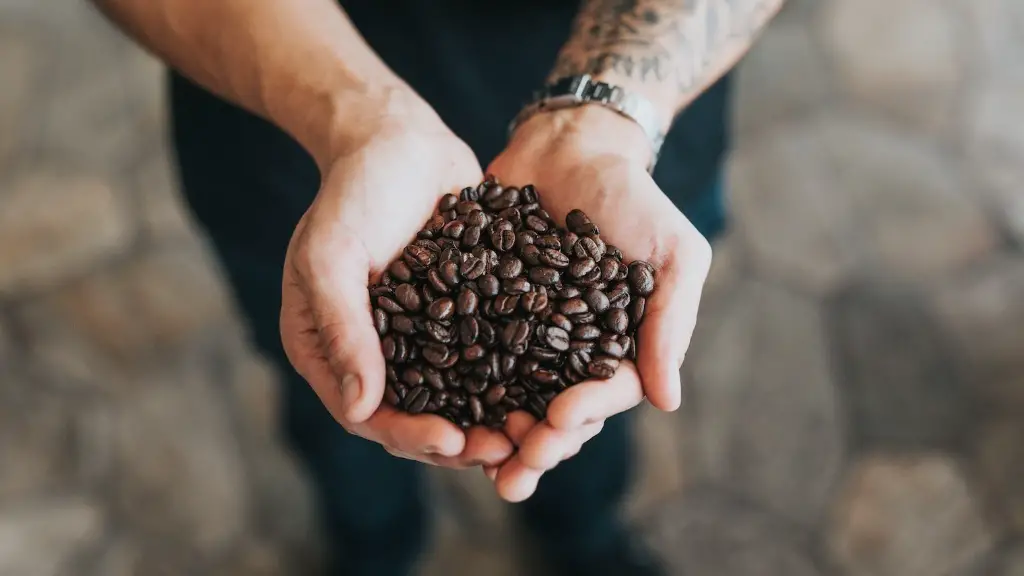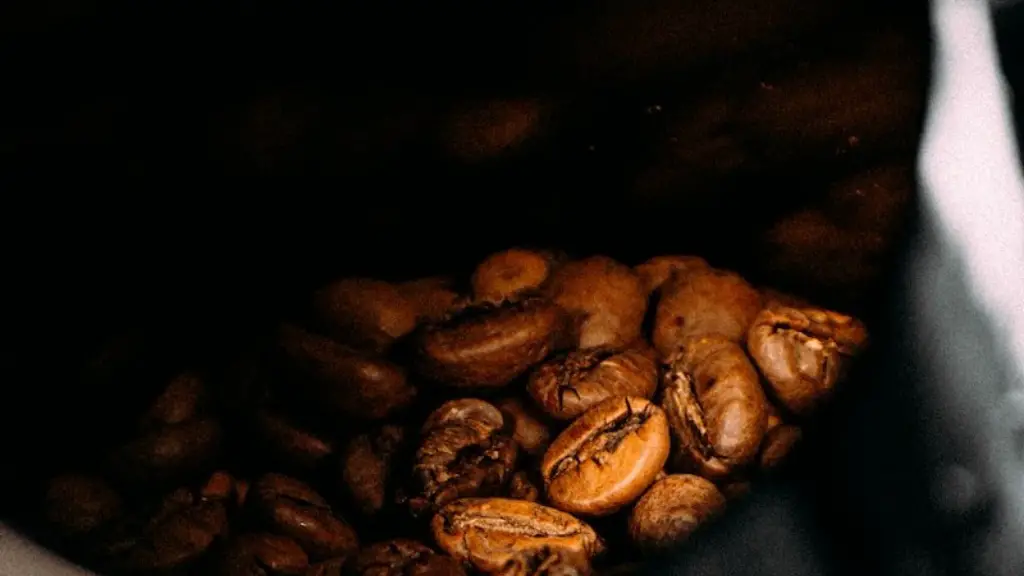Caffeine Stimulates Adrenaline
Most coffee drinkers have likely experienced feeling thirsty after drinking coffee even though drinking a hot cup of coffee is often associated with becoming less thirsty. What could possibly be the reason for this sensation?
As it turns out, this has mostly to do with physiology and chemistry. Coffee contains caffeine, which is a naturally occurring stimulant that activates the sympathetic nervous system – the body’s “fight or flight” response. This response subjugates functions such as digestion and increases concentration, heart rate, and respiration.
Caffeine also increases levels of adrenaline that can make the body more sensitive to thirst. Adrenaline stimulates the kidneys to produce more urine, and this water is taken from the body’s existing fluids which can lead to reduced levels of hydration and, subsequently, feeling thirsty.
The amount of caffeine in a cup of coffee varies depending on how it is made and the blend, however, generally speaking, a mug of regular strength coffee contains around 80 to 120 milligrams of caffeine while espresso can contain as much as 185 milligrams.
Coffee Can Act as a Diuretic
The diuretic effects of caffeine can also contribute to dehydration. While the amount of liquid intake from coffee is greater compared to other caffeinated beverages such as energy drinks, it does not account for the water lost from the body due to the diuretic effects.
The suger and creamers added to coffee will also contribute to dehydration levels. Generally, creamer or sugar that is added to coffee can cause some dehydration due to the additional, non-liquid elements they introduce.
In terms of how much caffeine is too much, the science remains somewhat uncertain. In terms of dehydration, however, it is suggested that around 400 milligrams of caffeine a day (roughly four cups of coffee) can contribute to feeling dehydrated.
Drinking Water Alongside Coffee
The best way to combat the dehydration caused by coffee is to supplement it with water. Even just having water with meals can help minimize the hunger of dehydration.
Additionally, avoiding adding cream and sugar to coffee is a good way to balance hydration levels in the body. If a hot drink isn’t desired, alternatives such as cold brew, iced coffee, or tea are all suitable options.
Replenishing electrolyte levels with drinks or snacks like sports or energy drinks, or bananas, can also help to fight dehydration. Consuming snacks that contain electrolytes such as sodium can help boost the hydration process, as electrolytes tend to be lost through urination.
Changes in Hormones
Coffee can also provoke feeling thirstier due to hormone levels. Caffeine has been linked to an increase in cortisol, the stress hormone. It is thought that naturally low levels of cortisol can make people more prone to feeling thirsty.
Adrenaline, which is also released when coffee is consumed, also elevates cortisol levels. This can stimulate a person’s ‘ fight or flight’ survival response, leading them to become more alert and thirsty.
Cortisol interacts with other hormones, such as vasopressin, which helps to maintain the water levels in the body. The presence of cortisol sends a signal to the brain that the body is dehydrated and therefore the brain encourages the body to drink more to compensate.
Health Benefits of Drinking Coffee
Drinking coffee can bring with it a variety of health benefits as well as feeling thirsty afterwards. It is a natural source of antioxidants which can help to reduce inflammation and lower the risk of certain chronic illnesses. Coffee is also believed to help boost energy and metabolism when consumed in moderation.
Studies have shown that drinking coffee can boost exercise performance and help people think more clearly after a long day at work or school. In addition, it may help regulate insulin levels, reduce the risk of depression, and even improve memory. Coffee can also lower the risk of stroke, Parkinson’s Disease and a variety of other neurological disorders.
When consumed in moderation, coffee can be helpful for physical and mental health, yet doing so can cause dehydration. To ward off the effects of the natural diuretic, it is important to replenish hydration levels with water or an electrolyte drink.
Drinking Coffee in Moderation
Finally, and most importantly, it is important to remember that caffeine is a stimulant and thus should be consumed in moderation. Doing so will ensure that the body enjoys the benefits of coffee while still retaining adequate hydration levels and avoiding feelings of fatigue and thirst.
Consuming too much caffeine can lead to adverse side effects like headaches, irritability and restlessness. Caffeine is addictive and can stay in the body for hours after consumption. To ensure long-term health, it is advised that people cut back on their caffeine intake or switch to decaffeinated options.
Conclusion
Feeling thirsty after drinking coffee may seem strange, but there are a number of underlying factors that can contribute to this sensation. Primarily, the caffeine in coffee can cause dehydration because it acts as a natural diuretic, increasing levels of adrenaline which can make the body more sensitive to thirst. To achieve the beneficial health effects of coffee while still avoiding dehydration, it is best to drink coffee in moderation and to supplement it with water or electrolyte drinks.




